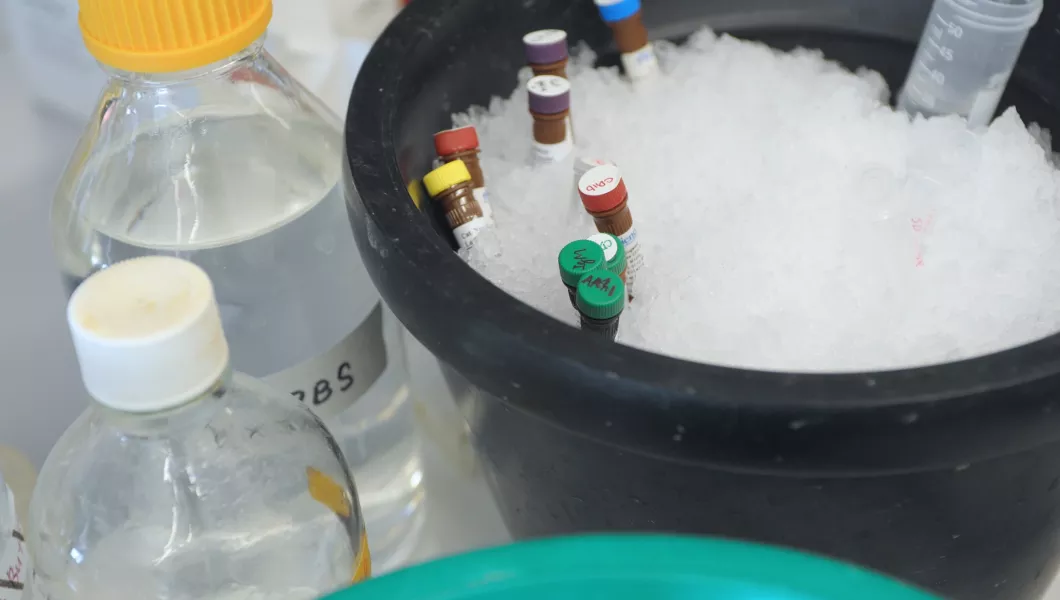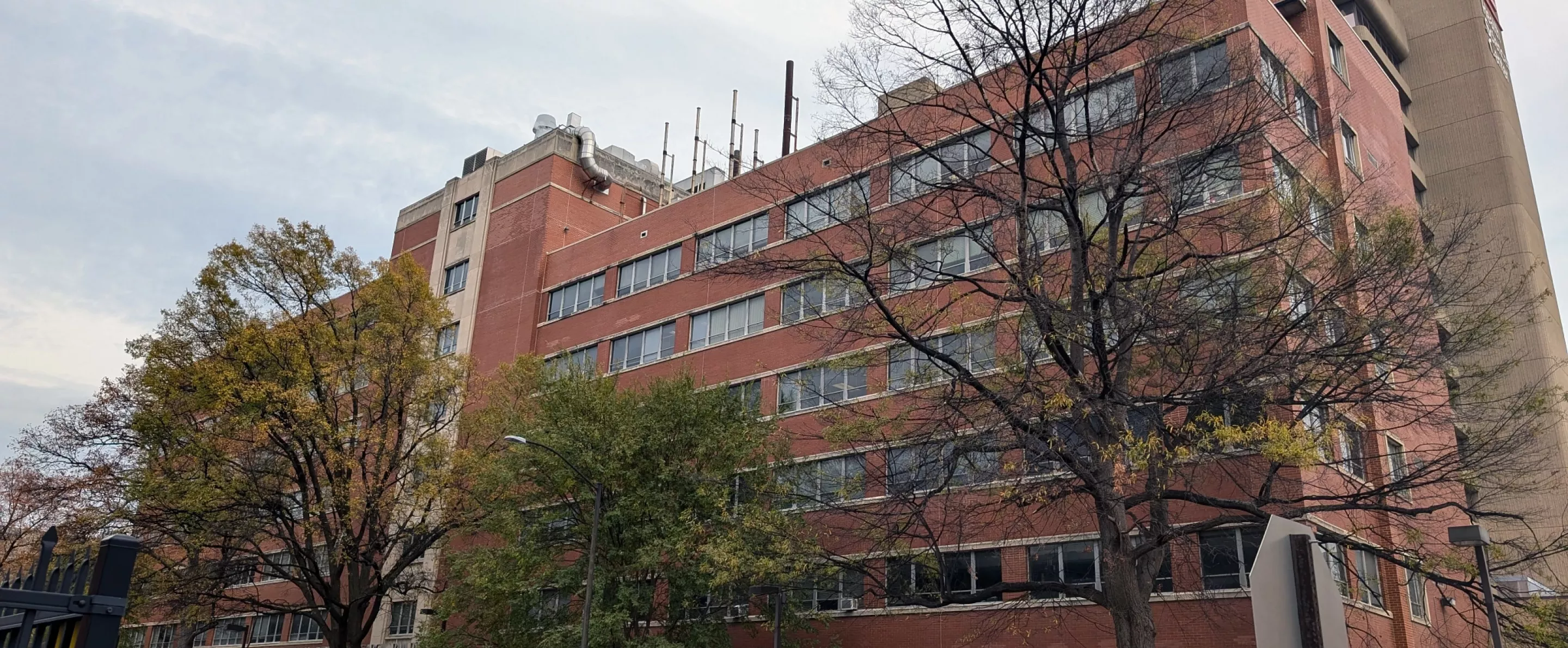Research focus
At the Metcalfe Lab, we are committed to advancing the understanding of neurological recovery after spinal cord injury, with a focus on developing innovative strategies for axonal regeneration. Our research explores gene and protein manipulation, including therapeutic approaches like PTEN inhibition, to stimulate axonal growth and restore function. A key area of our work involves designing and testing adeno-associated viral vectors to deliver these therapeutic molecules. We address critical challenges such as optimizing axonal regrowth, uncovering the molecular mechanisms behind sex differences in recovery, and investigating any potential long-term effects of the therapeutic interventions we apply in spinal cord injury. Funded by the National Institute of Neurological Disorders and Stroke (NINDS), our lab strives to make impactful advances in SCI treatment.
Assistant Professor, Department of Anatomical Sciences & Neurobiology
Laboratory: Neural Repair & Gene Therapy
Phone: 502-852-8052
mariajose.metcalfe@louisville.edu

Key research areas
- Mechanisms of Axonal Regeneration: Investigating how adult neurons can be encouraged to regrow after spinal cord injury.
- AAV-Based Gene Therapies: Using specialized viral vectors to deliver and control transgenes in neurons.
- Temporal Control of Gene Expression: Employing dox-inducible systems to switch key genes on or off, optimizing regeneration while minimizing side effects.
- Targeting PTEN: Exploring how modulating PTEN expression affects axonal regrowth and functional recovery.
- Scar Modification: Using chABC and other strategies to overcome inhibitory molecules in the injury site.
- Bioluminescence Imaging: Tracking transgene expression in vivo for precise intervention timing.
- Sex Differences & Late-Onset Effects: Investigating how biological variables and delayed complications impact treatment outcomes.
- Translational Potential: Developing safe, reproducible protocols that can one day inform clinical therapies.
Team
- Mimi Chiu - Researcher
Current projects
- Controlled PTEN Knockdown We use a doxicycline-inducible system to precisely switch PTEN knockdown “on” and “off,” promoting axonal regrowth while minimizing long-term side effects.
- Scar Modification with chABC By degrading inhibitory molecules in the lesion site [using an inducible chondroitinase ABC (chABC) approach], we aim to create a more permissive environment for regenerating axons.
- Mechanisms of Pathophysiology We investigate the root causes of late-onset complications following spinal cord injury and PTEN manipulation, ensuring our therapies remain safe and effective over time.
Key publications
Metcalfe M, Steward O. PTEN deletion in spinal pathways via retrograde transduction with AAV-retro enhances forelimb motor recovery after cervical spinal cord injury; sex differences and late-onset pathophysiologies. Exp Neurol. 2023 Sep 29:370:114551. doi: 10.1016/j.expneurol.2023.114551.
Metcalfe M, David B, Langely B, Hill CE. Elevation of NAD+ by nicotinamide riboside spares spinal cord tissue from injury and promotes locomotor recovery. Exp. Neurol. 2023 Oct;368:114479. doi: 10.1016/j.expneurol.2023.114479. Epub 2023 Jul 15.
Metcalfe M, Yee KM, Luo J, Martin-Thompson JH, Gandhi SP, Steward O. Harnessing rAAV-retro for gene manipulations in multiple pathways that are interrupted after spinal cord injury. Exp Neurol. 2022 Apr;350:113965. doi:10.1016/j.expneurol.2021.113965. Epub 2021 Dec 30. PMID: 34973965; PMCID: PMC9055973.
Steward O, Yee K, Metcalfe M, Willenberg R, Luo J, Azevedo R, Martin-Thompson J, Ghandi S. Rostro-caudal specificity of corticospinal tract projections in mice. Cereb Cortex. 2021 Mar 31;31(5):2322-2344. PMID: 33350438.
Steward O, Coulibaly AP, Metcalfe M, Dam JM, Yee KM. AAV vectors accumulate in the pineal gland after injections into the brain or spinal cord. Mol Ther Methods Clin Dev. 2021 Dec 10;23:406-417. PMID: 34761054

